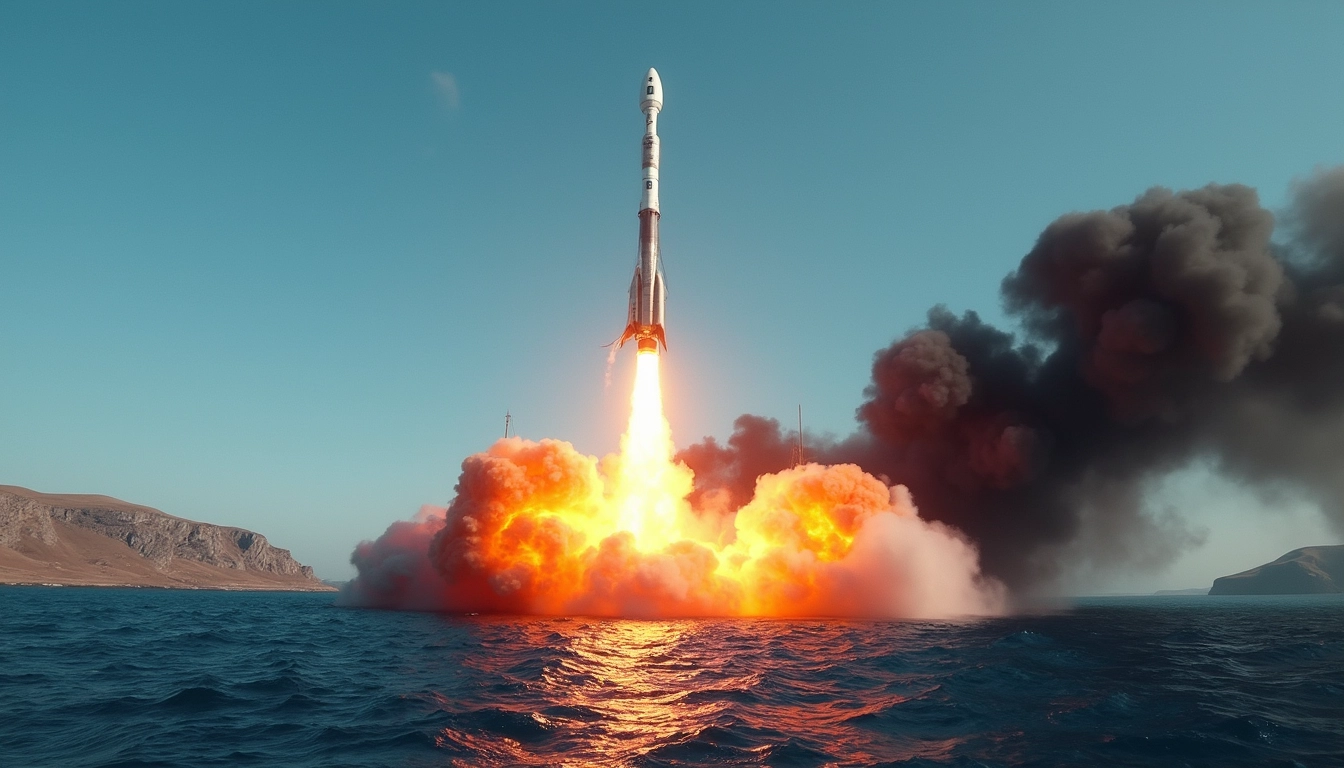
European Space Startup Faces Setback as Spectrum Rocket Explodes During Launch
In a significant setback for European commercial spaceflight, Isar Aerospace’s Spectrum rocket crashed and exploded just 30 seconds after its inaugural launch from Andøya island in northern Norway. The dramatic incident, which occurred on March 30, 2025, marks both the challenges and progress in Europe’s growing commercial space sector, highlighting the inherent risks in rocket development and testing.
Table of Contents
Key Takeaways:
- Spectrum rocket experienced catastrophic failure 30 seconds after liftoff from Norway’s spaceport
- Despite the crash, Isar Aerospace gathered valuable flight data during the brief mission
- The company successfully validated its Flight Termination System during the test
- Launch represents a significant step in European commercial space capabilities
- Test flight achieved several technical objectives despite not reaching orbit
The Launch and Immediate Aftermath
At 12:30 PM local time, the 28-meter-long Spectrum rocket lifted off from its launchpad on Andøya island. The initial moments showed promising signs as the rocket cleared the tower and began its ascent. However, approximately 30 seconds into the flight, the vehicle experienced a catastrophic failure, resulting in a fiery explosion as it plunged into the Norwegian Sea.

Unexpected Positive Outcomes
Despite the dramatic end to the test flight, Isar Aerospace’s CEO Daniel Metzler maintained an optimistic outlook. The company achieved several critical objectives during the brief flight, including a clean liftoff and vital data collection. The successful validation of the Flight Termination System proved particularly valuable for future missions, as noted in similar safety systems testing for crewed missions.
Pre-Launch Challenges
The path to launch wasn’t smooth, with multiple delays due to adverse weather conditions. A previous attempt on March 24 was scrubbed, highlighting the complexities of rocket launches. The company had been transparent about not expecting to reach orbit on this first test flight, setting realistic expectations for the mission’s objectives.
European Space Industry Impact
This launch attempt represents a crucial milestone in Europe’s commercial space development. Several European nations have shown increasing interest in establishing domestic launch capabilities, moving beyond traditional reliance on facilities in French Guiana. The test has garnered attention from key industry figures, including ESA Director General Josef Aschbacher, who expressed support for Isar Aerospace’s efforts.
Looking Ahead
Isar Aerospace is now focused on analyzing the collected data to enhance future missions, similar to the iterative approach seen in NASA’s space exploration programs. For those interested in staying updated on similar space automation developments, I recommend checking out Latenode’s space industry automation tools. The company’s commitment to returning to the launch pad demonstrates the resilience required in space technology development.


